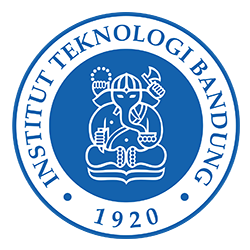Unveiling disparities: empowerment and access to sanitation among urban household in Jakarta (Indonesia)

Safe sanitation significantly contributes to public health and societal well-being, yet disparities in access persist, particularly in urban settings where challenges are exacerbated. This study investigates the influence of gender, socioeconomic status, and empowerment on access to sanitation among urban residents in Central Jakarta, Indonesia. A survey of 450 participants (235 women and 215 men) revealed significant gender disparities in empowerment scores across economic groups. In the middle to upper-middle group, men (58.22) score higher than women (55.08), showing a moderate gender gap of 3.14 points. Meanwhile, the lower-middle to low income group shows a much wider gap, with men (59.28) significantly outperforming women (51.19) by 8.09 points, highlighting greater barriers to empowerment for women in this groups. The analysis shows that access to sanitation is positively correlated with empowerment, though socioeconomic status proves to be a stronger determinant of sanitation access than gender alone, underscoring the complexity of urban sanitation issues. These findings advocate for policies promoting gender equity and economic parity to ensure inclusive access to sanitation and empower marginalized communities. A holistic approach is essential to enhance health outcomes and social equity in urban areas.

